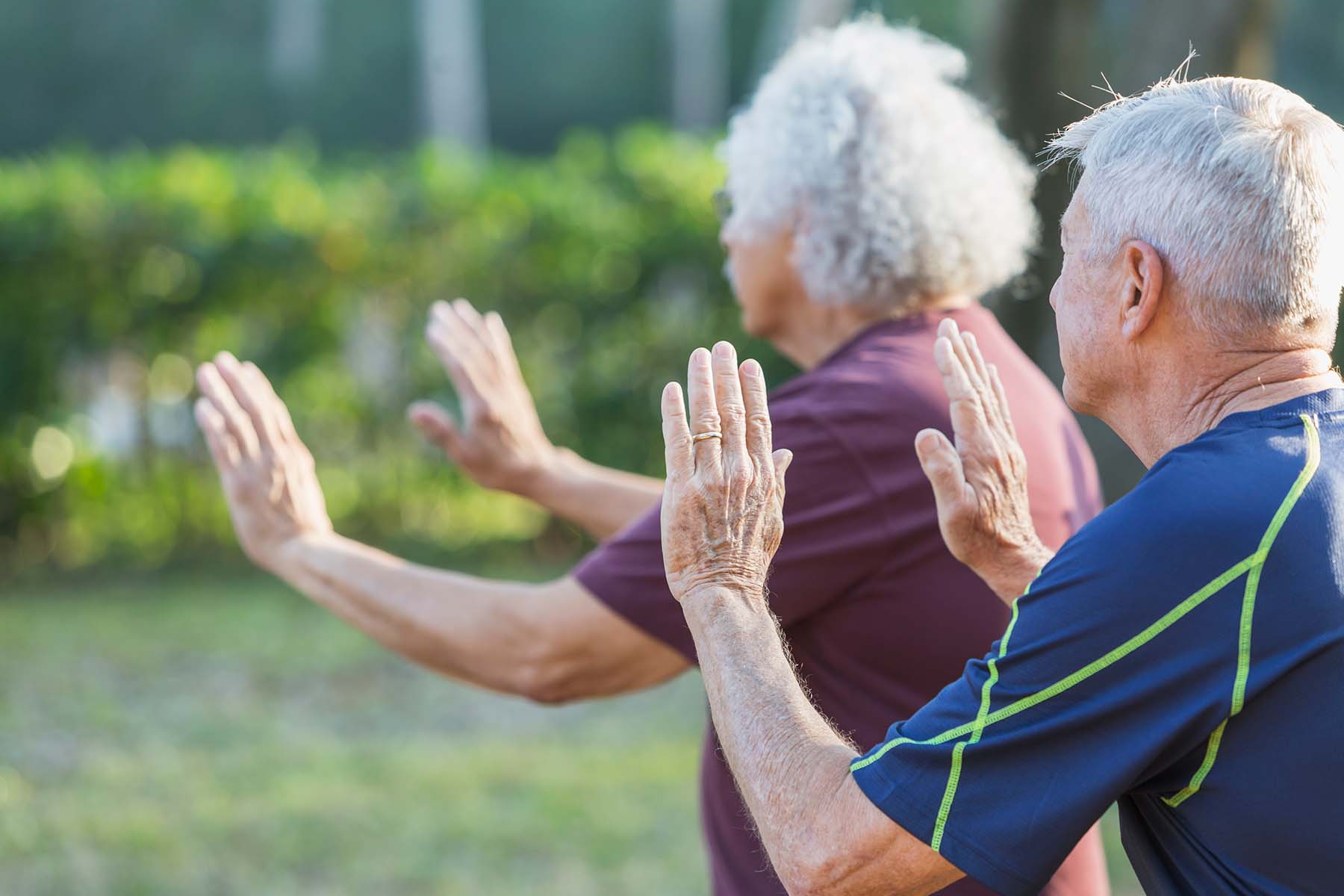Grab a Friend and Head Outside

Study shows how social interactions and exercise decrease depression symptoms
For those suffering from depression, it can be challenging to do things you once enjoyed.
But these same activities may be just what the doctor ordered.
Daniel Enrique Jimenez, M.D., a psychiatry and behavioral sciences expert with the University of Miami Health System is conducting a study of older minorities who are at risk for developing full-blown clinical depression or anxiety. It has shown a significant improvement in their symptoms.
“Twenty percent of minorities have an anxiety or depressive disorder, yet approximately one quarter of Hispanics with a disorder and 20 percent of Blacks don’t receive the psychological support they need,” said Dr. Jimenez.
What were the doctor’s orders? One of the top ones is to take a walk and engage in a hobby with a friend or loved one.
“Loneliness is killing these older adults who interact only with a television,” Jimenez said. “Isolation and inactivity are so detrimental to physical and mental health.”
Exercise
When compared to psychotherapy, pharmacological therapy, and other behavioral treatments, exercise has proven to be just as effective in improving mood, reducing anxiety, and helping to relieve the symptoms of depression (for those with clinical depression as the primary cause of illness), according to the National Institutes of Health. These results are consistent for men and women and adults of all ages, races, and ethnicities.
How much exercise works?
- Just 20 minutes per day, three times per week, of moderate aerobic exercise or strength training is enough to make a noticeable improvement in your mood and energy level. If you’re not currently physically active, start with a low-intensity exercise like walking.
- Consistency (every week) and longevity are the keys to success. The longer you commit to exercising regularly, the longer you will enjoy the benefits.
- Exercise when it’s convenient to you, so your new routine is easy to stick with.
- Keep track of your progress. By maintaining an exercise and mood journal, you can monitor how you feel before and after you exercise and how those feelings may improve over time.
Socialize
Being more social on a regular basis can have antidepressant effects, says Jimenez. Because of your depression, you may find yourself withdrawing from social interactions with friends, family and coworkers.
What works?
- Every interaction helps. The simplest conversation with an upbeat friend every week can relieve your anxiety and enhance your mood.
- Try incorporating the hobbies you enjoy on your own into social situations. Seek out a local group, class, workshop or club. Websites like MeetUp.com can help you connect with others in your area who share your interests, which makes conversation and group activities easier.
- Group therapy may be a good way for you to share your feelings and hear from others without having to discuss your depression with your friends and family. Consult with your primary care physician or therapist to discuss your options.
What doesn’t work is sitting or standing in the corner at the next social gathering you push yourself to attend. To experience a mood boost or lasting mental health benefit, you need to find the interaction rewarding in some way. The experience itself will encourage you to socialize more often.
Written by a staff writer at UHealth.
Tags: Daniel Enrique Jimenez, depression, exercise, mental health, therapy
